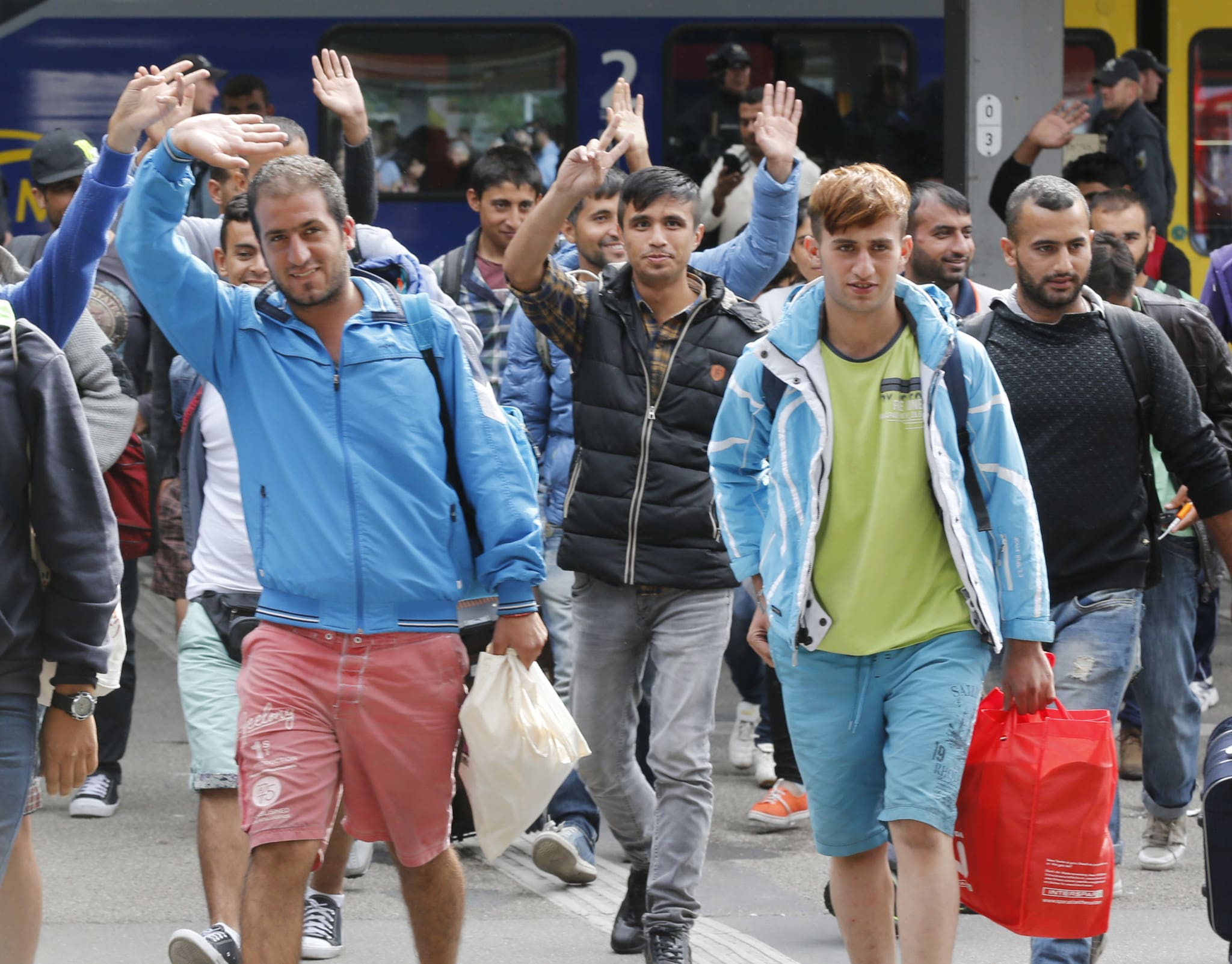Germany is spending a fortune every single day to cope with its massive and growing immigrant population, and in individual cities like Hamburg, those costs are becoming unbearable.
The budget committee for the city is now looking to increase its funding for the reception of migrants by €212.8 million, after having already raised it by €118.7 million earlier this year. Now, with the latest increase, the total amount of money for housing and caring for migrants in 2023 will total €1 billion.
This hardly covers all the costs for migrants either, with schooling, daycare centers, and healthcare all not factored into that €1 billion figure. The state alleges that the amount being spent on schooling cannot be calculated either.
[pp id=95336]
However, last year, Remix News reported specifically on the healthcare costs for migrants in Hamburg, which according to data obtained by the Alternative for Germany (AfD), the city-state had spent half a billion euros on migrant healthcare since 2016. This figure has likely ballooned further in 2023, as Hamburg received another large increase in migrants.
Hamburg politicians are now calling on the pro-migration federal government to send more money. However, the federal bill for housing and caring for migrants is expected to top €36 billion this year, which is putting strains on the federal budget as well.
Finance Senator Andres Dressel, of the Social Democrats (SPD), stated: “We were only able to provide needed reinforcements again through extreme efforts. We didn’t have to make cuts elsewhere, but were able to secure funding for 2023 with our own and federal funds. For the next few years, it won’t work without additional federal funding. The federal government must provide the states with more money for integration, not less, as planned so far. The traffic light (government) must understand that anything else would be poison for social cohesion. Poorer states and municipalities would have to cut back elsewhere to pay for refugee reception – the federal government can’t want that!”
[pp id=95594]
It was just last week that Social Affairs Senator Melanie Schlotzhauer, also of the SPD, said: “There is no relief in sight, and our capacities are 97 percent full. We are at the limit of what good integration is possible in Hamburg. The admission numbers are too high, they have to come down.”
Notably, in 2020, Remix News reported that the SPD and other left-wing parties enthusiastically called for more refugees and migrants into Hamburg and other cities under the hashtag #WirHabenPlatz, which translates into “We have space” in English.
[pp id=76268]
Hamburg, like many German cities and towns, has been forced to open emergency accommodations to deal with the unrelenting stream of newcomers. According to Germany’s Bild newspaper, the city is now using a trade fair hall to house them, which should be open until the end of January. In August, the city took in another 1,400 refugees, and in September, another 1,700.
However, the city will now have to open yet another emergency shelter, although it is unclear where that will be.
The SPD, along with its coalition partners at the federal level, say Germany needs more immigrants. Recent polling shows that support for the ruling government has hit a record low, while the anti-immigrant AfD has soared to a record 23 percent. Germans rate immigration as their number one issue by a large degree, with 44 percent saying it is the most pressing concern. Another poll from this month showed that 64 percent of Germans believe the country should accept fewer migrants and the same number say migrants bring more disadvantages than advantages.






